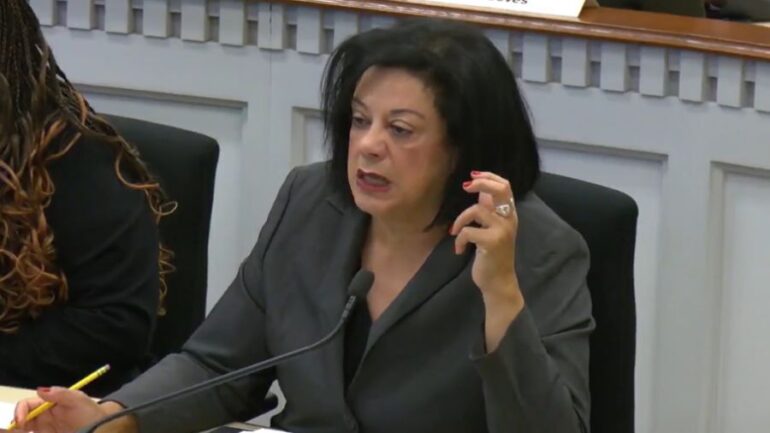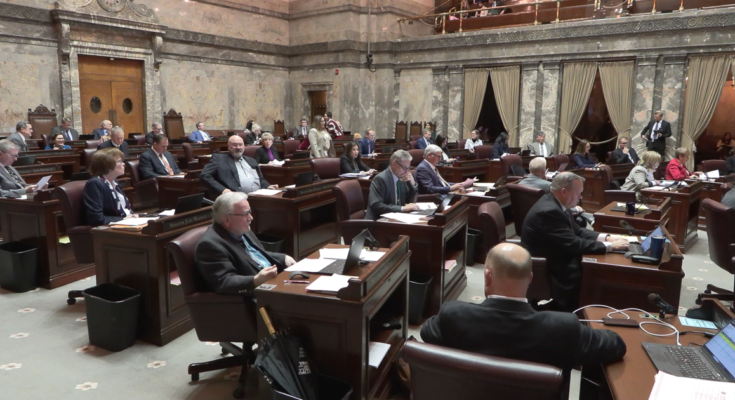Washington state lawmakers took up the issue of parental notification in early 2025, just after voters had passed the Parent Bill of Rights (Initiative 2081) in 2024. That measure as it originally read required immediate parental notification if a child was the victim of criminal activity at school or was being questioned by law enforcement. House Bill 1296—also a Democrat-sponsored bill—would change that and allow schools to wait as long as 48 hours to notify parents after a report of student sexual assault or other misconduct.
A Heated Legislative Battle
It ended just before 3 a.m. in March with a marathon session by which the House Education Committee essentially along party lines voted to weaken the notification clause. Republican legislators, including Rep. Travis Couture (R-Shelton), opined that the Democratic proposal was not good and said that 48 hours would be too much; in such a scenario, victims might not have adequate time to rally family support, and schools might be able to get away with their communications unaccountable. Democrats like Rep. Lillian Ortiz-Self justified it on the ground that priority should be given to integrity of investigation and following law enforcement guidance.
What the Bill Has Changed

Under revised HB 1296, schools shall notify parents “at the first opportunity but in all cases within 48 hours” of a report they receive regarding sexual misconduct or assault. This provision replaces immediate notification under I‑2081. Democrats framed their amendment as a “cleanup” to bring it in line with federal student privacy and criminal investigation norms. Critics say it waters down parental rights which voters backed.
Supporters vs Opponents: Differing Perspectives
Supporters see the delay as practical, allowing schools to confer with law enforcement, gather verified facts, and ensure that notifying the family doesn’t interfere with safeguarding the student’s well-being or the integrity of the investigation. Conversely, opponents—including parents and Republican lawmakers—warn that withholding information could erode parental trust, delay crucial emotional support for victims, and give schools time to shape narratives before families are involved.
Context: National and Statewide Considerations
This state-level dynamic reflects broader national tensions over where to draw the line between parent involvement and student confidentiality. Similar disputes have arisen in other states over disclosures related to mental health care, gender identity, and legal investigations. With Washington’s HB 1296 now passed by the House and pending Senate review, the stakes are high: it could signal a shift toward expanding student autonomy and privacy protections .

As HB 1296 advances, families, teachers, and policymakers must make a tough choice between instant parental involvement and honoring privacy along with safeguarding the procedure of delicate inquiries. With public sentiment differing greatly and a visible political split among legislators, ultimate choices by the Senate —and maybe upcoming legal contests— will decide if schools tell households within moments or days when young people face major harm.



